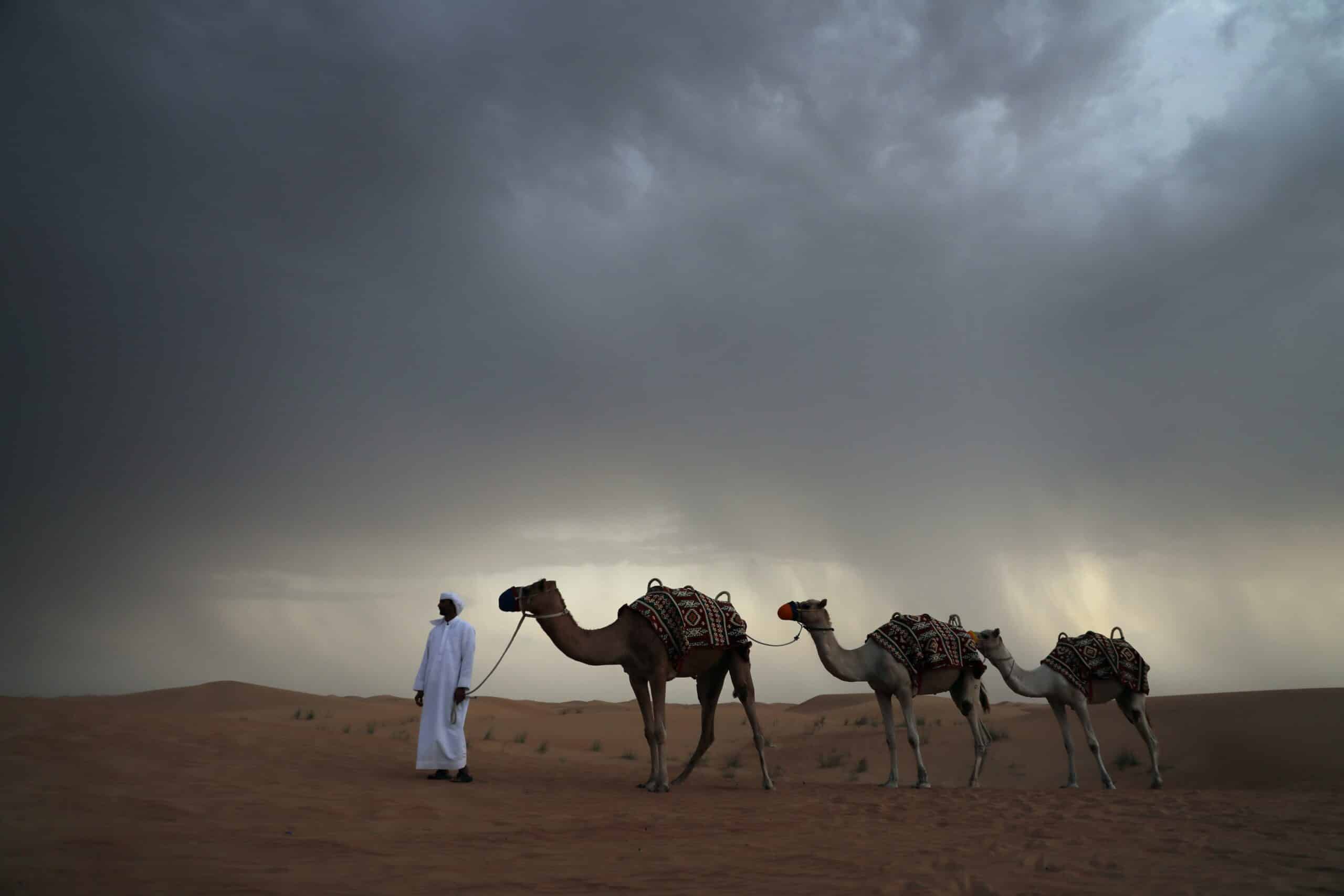Christmas is celebrated throughout the Middle East, although it is not a public holiday in all countries in the region. The celebration of Christmas in the Middle East has a long and complex history, influenced by the diverse cultures and religions found in the region.
In the Middle East, Christmas is primarily celebrated by Christians, particularly those belonging to the Eastern Orthodox, Roman Catholic, and Protestant traditions. The largest concentration of Christians in the Middle East can be found in Lebanon, which has a significant Maronite Catholic population, as well as a small number of Protestants and Eastern Orthodox Christians.
In Lebanon, Christmas is a public holiday and is celebrated with much fanfare. The country has a strong tradition of Christmas lights and decorations, with many people putting up elaborate displays in their homes and businesses. Christmas Eve is typically marked with a Midnight Mass, which is attended by large crowds of people. The Mass is often followed by a traditional feast, known as the “Agape Meal,” which is a time for Christians to come together and share a meal in celebration of the birth of Jesus.
In other countries in the Middle East, such as Egypt and Jordan Christmas is also celebrated by Christians, although it is not a public holiday. In these countries, Christmas is typically marked with religious services and family gatherings. In Egypt, Christmas is often celebrated with traditional food and music, as well as decorations and gift-giving.
In Iraq, Christmas is celebrated by the country’s small Christian community, who make up less than 5% of the population. In recent years, the celebration of Christmas in Iraq has been marked by security concerns and attacks on Christian communities, which have made it difficult for many people to openly celebrate the holiday. Despite these challenges, many Christians in Iraq continue to mark the occasion with religious services and family gatherings.
In other countries in the Middle East, such as Saudi Arabia and the United Arab Emirates, Christmas is not a public holiday and is not widely celebrated. However, there are small expatriate communities in these countries that do celebrate Christmas, often in private gatherings or at churches and other religious institutions.
In the Middle East, the celebration of Christmas is often influenced by the cultural and religious traditions of the region. For example, in Lebanon, Christmas is often marked with traditional Lebanese food and music, while in Egypt, Christmas is celebrated with traditional Egyptian food and music. In addition, the celebration of Christmas in the Middle East is often influenced by the region’s diverse religious traditions. For example, in Lebanon, the celebration of Christmas often incorporates elements of both Maronite Catholicism and Eastern Orthodoxy, while in Egypt, it is influenced by the country’s Coptic Orthodox Christian tradition.
Despite the challenges and differences that exist in the Middle East, Christmas remains an important and meaningful holiday for many people in the region. It is a time for Christians to come together and celebrate the birth of Jesus, and a time for families and communities to come together in celebration and fellowship. Christmas is celebrated throughout the Middle East with much joy and enthusiasm, despite the diversity of cultures and religions found in the region.
Image Credit: Anson Antony on Unsplash



















